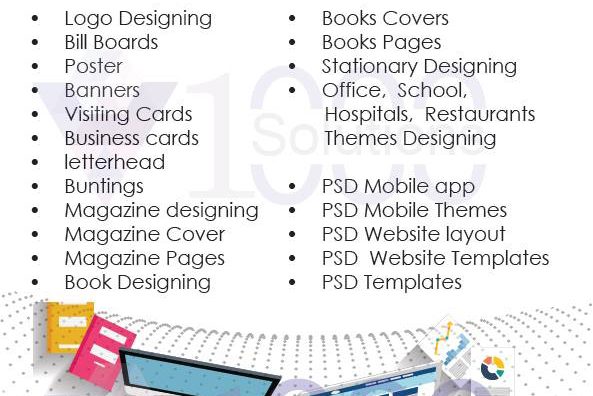The Science Behind Sustainable Weight Loss: Strategies for Long-Term Success
Achieving sustainable weight loss is a goal shared by millions of individuals worldwide. However, with so much conflicting information available, it can be challenging to separate fact from fiction when it comes to effective weight loss strategies. In this comprehensive expert blog, we will delve into the science behind sustainable weight loss and explore evidence-based strategies for long-term success.
Understanding the Physiology of Weight Loss: Before diving into specific weight loss strategies, it’s essential to understand the underlying physiology of weight loss. At its core, weight loss occurs when the number of calories consumed is less than the number of calories expended, creating a calorie deficit. This deficit prompts the body to tap into its energy stores, resulting in the breakdown of fat tissue for fuel.
However, weight loss is not solely about calorie counting. Factors such as metabolism, hormones, genetics, and lifestyle habits all play significant roles in determining an individual’s ability to lose weight and maintain it over time. By adopting a holistic approach that addresses these various factors, individuals can achieve sustainable results.
Key Strategies for Sustainable Weight Loss:
- Focus on Whole, Nutrient-Dense Foods: One of the most effective strategies for sustainable weight loss is to prioritize whole, nutrient-dense foods. These include fruits, vegetables, lean proteins, whole grains, and healthy fats. These foods are not only rich in essential nutrients but also high in fiber, which promotes feelings of fullness and satiety, reducing the likelihood of overeating.
- Practice Portion Control: Portion control is another critical aspect of sustainable weight loss. Even healthy foods can contribute to weight gain if consumed in excess. By practicing mindful eating and paying attention to portion sizes, individuals can better regulate their calorie intake and prevent overeating. Using smaller plates, measuring portions, and avoiding distractions while eating can all help facilitate portion control.
- Stay Hydrated: Drinking an adequate amount of water is essential for supporting weight loss efforts. Water helps flush toxins from the body, aids digestion, and promotes feelings of fullness. Additionally, staying hydrated can prevent confusion between hunger and thirst, reducing the likelihood of unnecessary snacking. Aim to drink at least eight glasses of water per day, and consider incorporating hydrating foods like fruits and vegetables into your diet.
- Prioritize Regular Physical Activity: Exercise is a crucial component of any sustainable weight loss plan. Not only does it burn calories and contribute to the calorie deficit necessary for weight loss, but it also offers numerous additional health benefits. Regular physical activity can improve cardiovascular health, increase muscle mass, boost metabolism, and enhance mood and overall well-being. Aim for a combination of cardiovascular exercise, strength training, and flexibility exercises for optimal results.
- Practice Mindful Eating: Mindful eating involves paying attention to the sensory experience of eating and being fully present during meals. This includes savoring the flavors, textures, and aromas of food, as well as recognizing hunger and fullness cues. By slowing down and tuning into your body’s signals, you can better regulate your food intake, prevent overeating, and cultivate a healthier relationship with food.
- Manage Stress and Prioritize Sleep: Chronic stress and inadequate sleep can both have a significant impact on weight management. High levels of stress can trigger emotional eating and cravings for unhealthy foods, while poor sleep can disrupt hormone levels that regulate appetite and metabolism. To support sustainable weight loss, prioritize stress management techniques such as meditation, yoga, deep breathing exercises, and adequate sleep hygiene practices.
- Seek Professional Guidance and Support: For some individuals, achieving sustainable weight loss may require professional guidance and support. Registered dietitians, nutritionists, personal trainers, and behavioral therapists can provide personalized recommendations, accountability, and encouragement throughout the weight loss journey. Additionally, joining a supportive community or group, whether online or in-person, can provide valuable social support and motivation.







